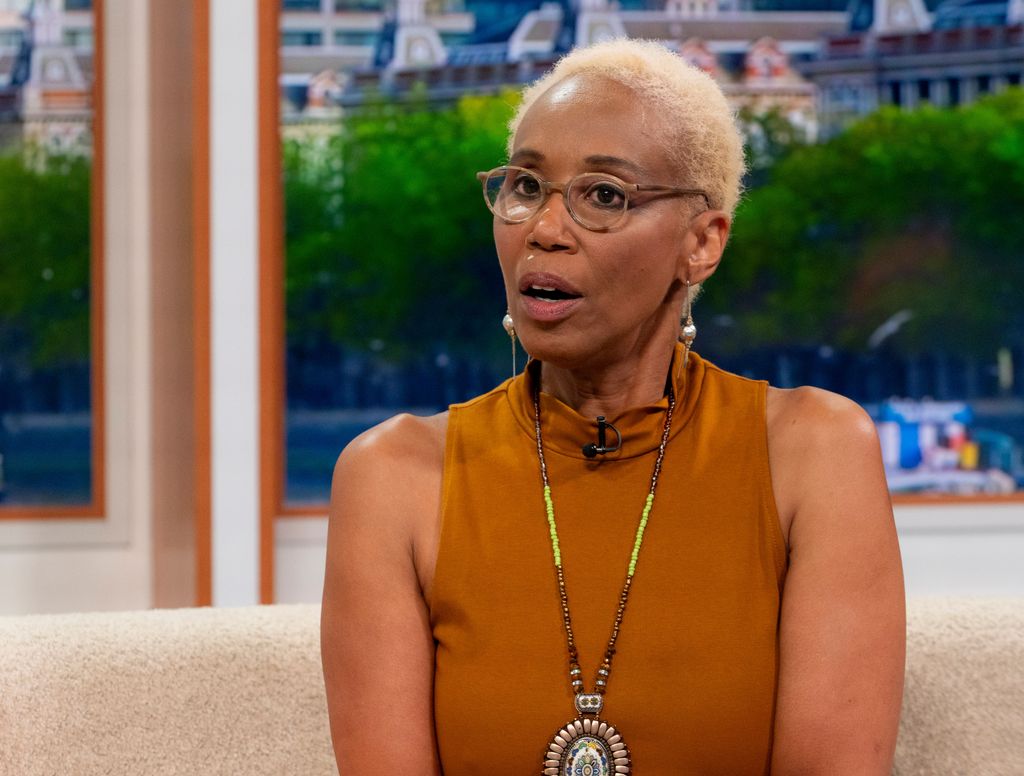Good Morning Britain welcomed a fresh face on Tuesday morning as Trisha Goddard made her debut as a presenter.
The broadcaster, who is perhaps best known for hosting her eponymous talk show Trisha from 1998 to 2010, joined regular presenter Richard Madeley on the programme.
Viewers were pleased to see Trisha back on their screens and praised the 66-year-old on social media. One person penned: “Lovely to see Trisha hosting this morning,” while another person penned: “I love Trisha very much, she is a very talented journalist.”
A third viewer remarked: “Good to see Trisha back on TV,” while another commented on her on-screen partnership with Richard, writing: “Love Richard and Trisha on GMB, a very professional pairing!”
Trisha’s hosting debut on GMB comes just days after she appeared on the show to discuss her terminal breast cancer diagnosis. Chatting with Kate Garraway and Ed Balls, the star, who revealed her diagnosis to HELLO! in February, explained why she chose to keep her diagnosis a secret from her colleagues and the public.
“I was grappling with how to deal with it myself. Plus I just wanted to work and be me,” she said. “With CNN and my colleagues there, they didn’t know that I had no hair, that I had no feeling in my legs – from the treatment, because I had chemo every week for four and a half months.”
Trisha, who was first diagnosed with breast cancer in 2008, opened up about her secondary breast cancer diagnosis with HELLO! earlier this year. The presenter learned that her cancer had returned in July 2022 after suffering a serious fall at home.
“It’s not going to go away,” she said. “And with that knowledge comes grief, and fear. But I must keep enjoying what I have always enjoyed.”
On her decision to speak publicly about her illness, Trisha continued: “I can’t lie; I can’t keep making up stories. It gets to a stage, after a year and a half, when keeping a secret becomes more of a burden than anything else.”
“I’m nervous,” she added. “But it needed to be done.”
Trisha underwent daily radiation for three weeks and weekly chemotherapy for four and a half months before opting for “life pro-longing care” for the disease.



